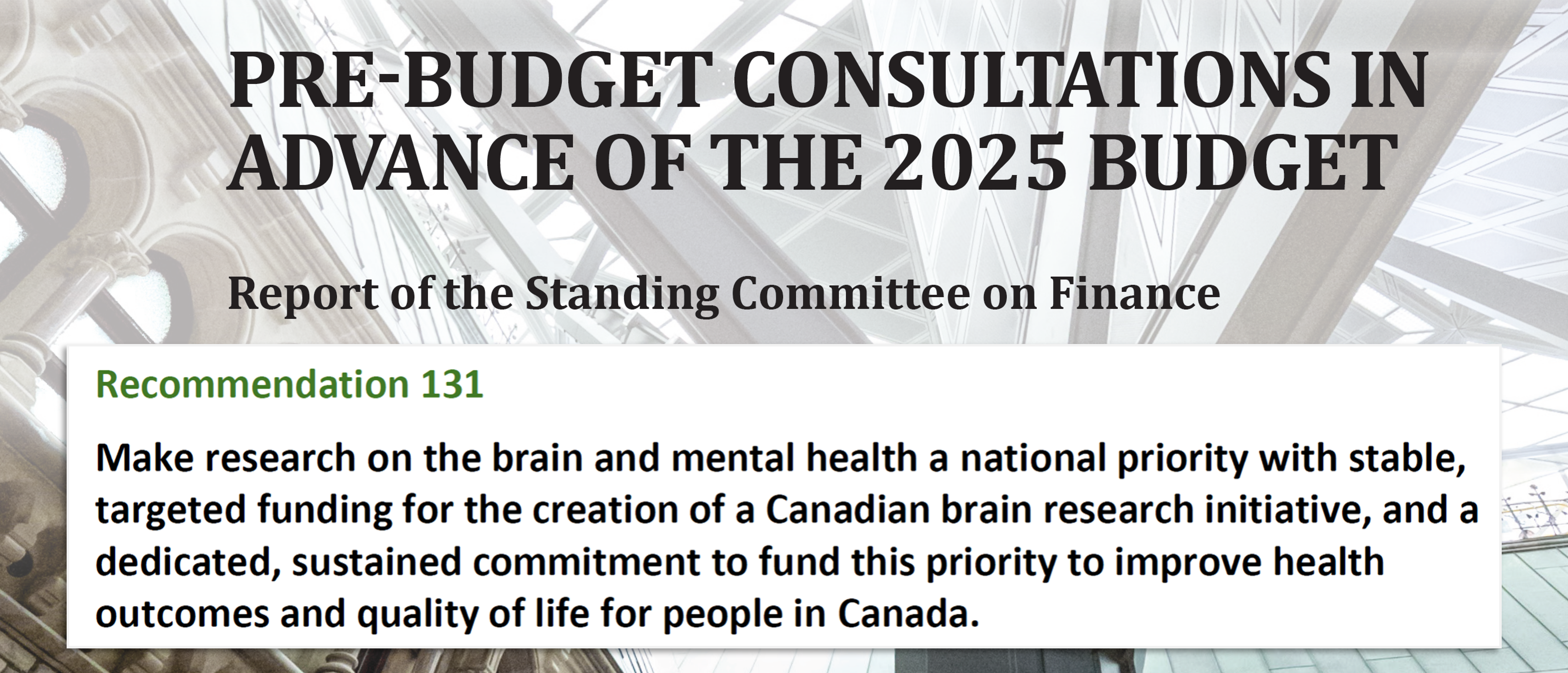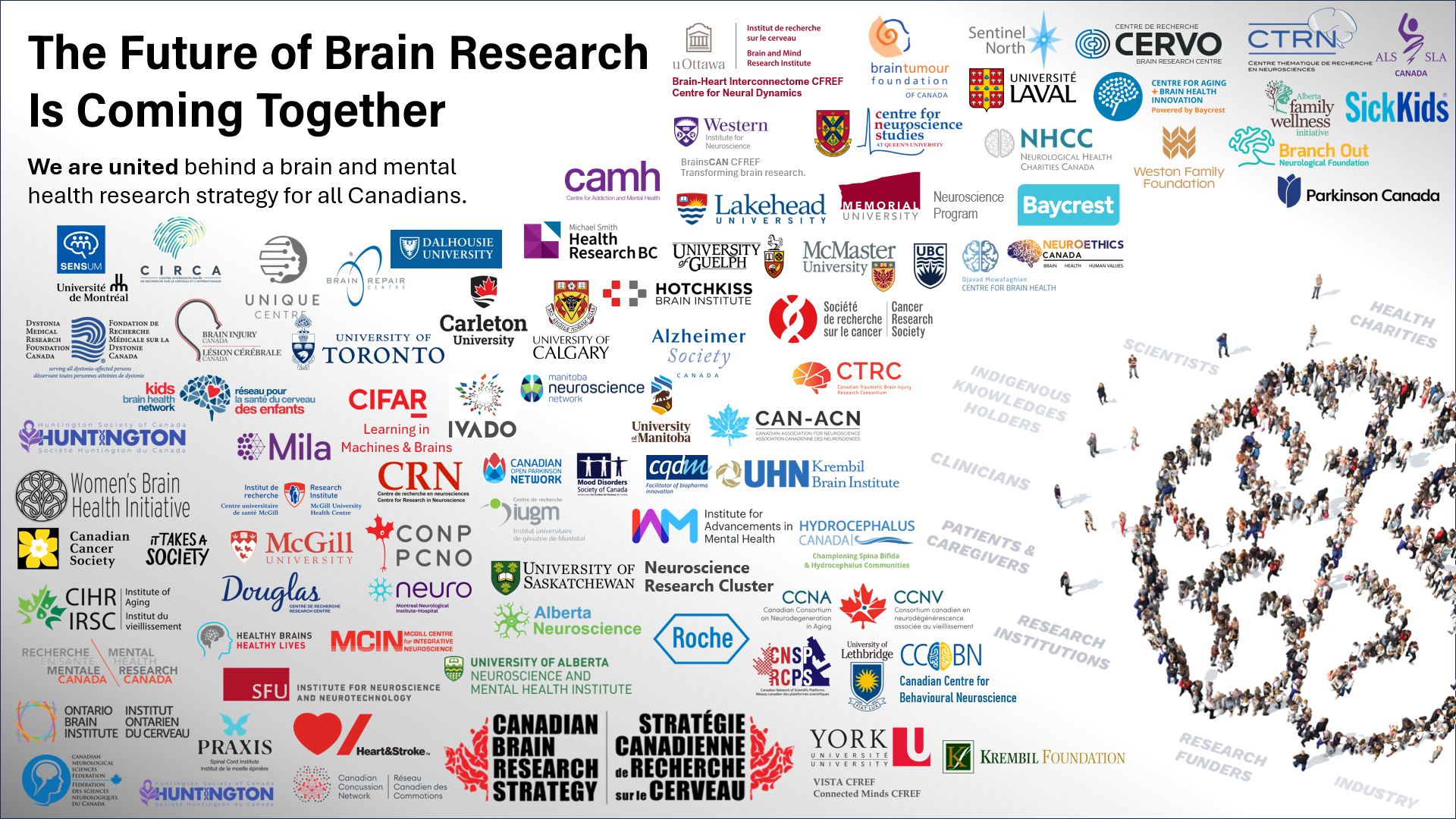 Building on the success of last month’s G7 Canada Brain Economy Summit, CBRS Executive Director Jennie Z. Young, Ph.D., and economist Julian Karaguesian published an op-ed in The Hill Times—the country’s top policy outlet read closely by Parliamentarians and senior officials.
Building on the success of last month’s G7 Canada Brain Economy Summit, CBRS Executive Director Jennie Z. Young, Ph.D., and economist Julian Karaguesian published an op-ed in The Hill Times—the country’s top policy outlet read closely by Parliamentarians and senior officials.
The article outlines how future economies will be powered by brain power—where healthy brains are matched by a highly skilled workforce created through investment in science and research. And Canada’s excellence in brain research is what will carry this future forward—driving the discoveries, innovations, and talent that make the brain economy real.
With Canada’s focus on productivity and economic growth, investing in brain health and research is the key to achieving both. The op-ed lays out why:
-
One in five Canadians lives with a brain condition, with more than $50 billion spent annually on care and billions more lost in productivity.
-
Employers, insurers, educators, and governments worldwide are already investing in brain health and skills as assets that strengthen performance and resilience.
-
With world-class brain and mental health research capacity, high levels of post-secondary attainment, and early national strategies in AI and quantum, Canada is well placed to lead if brain research is recognized at the same level.
Together, these points show why brain must be a central part of Canada’s economic future. As the article concludes: “The brain economy is emerging, whether we shape it or not. Canada has the tools, the talent, and the momentum. What we need now is the leadership and coordination to match.”
Read the op-ed in The Hill Times (paywalled).






